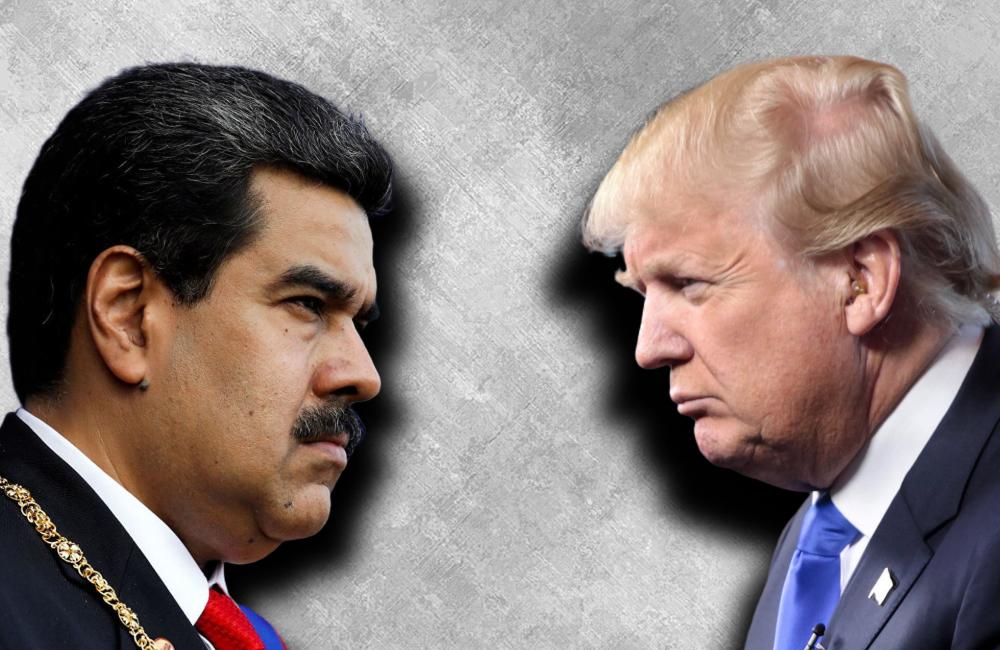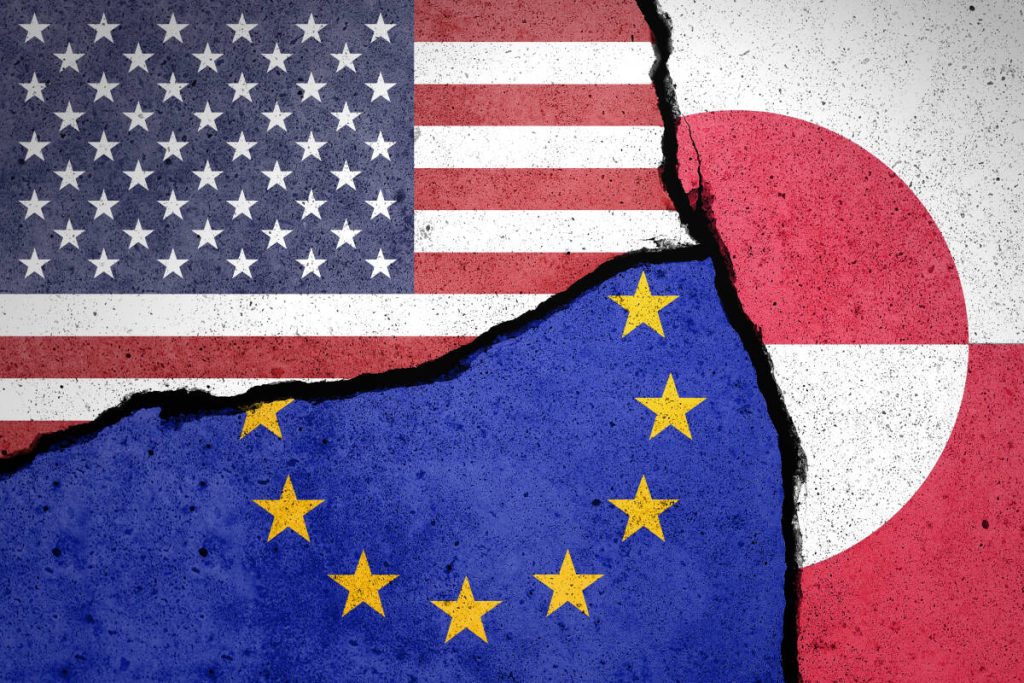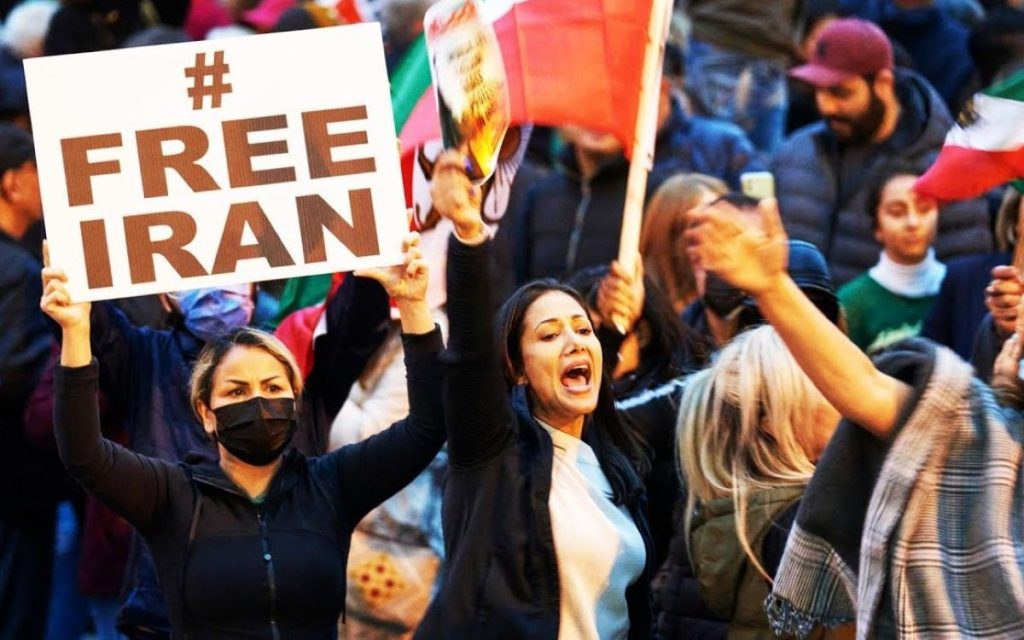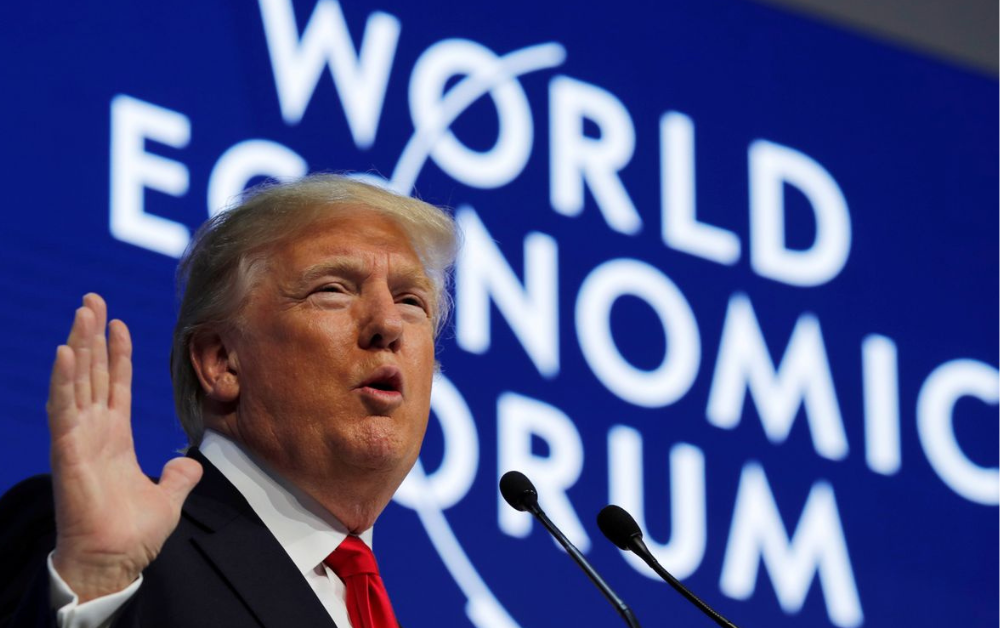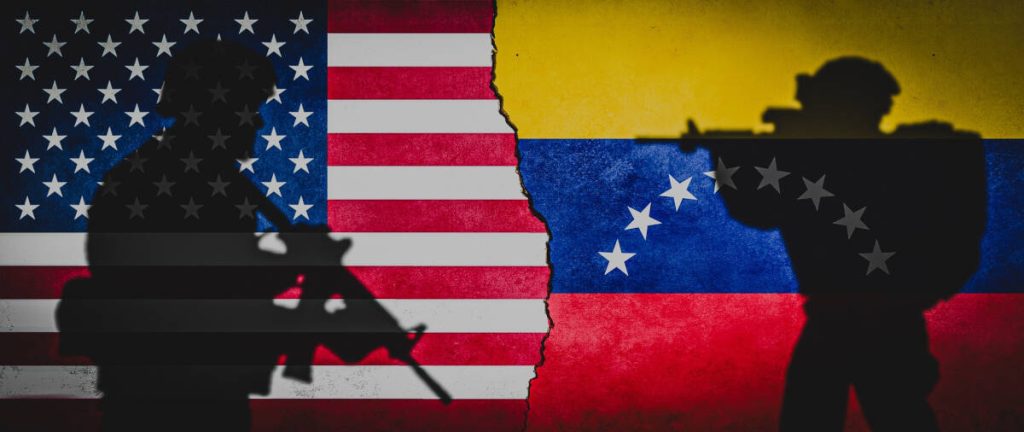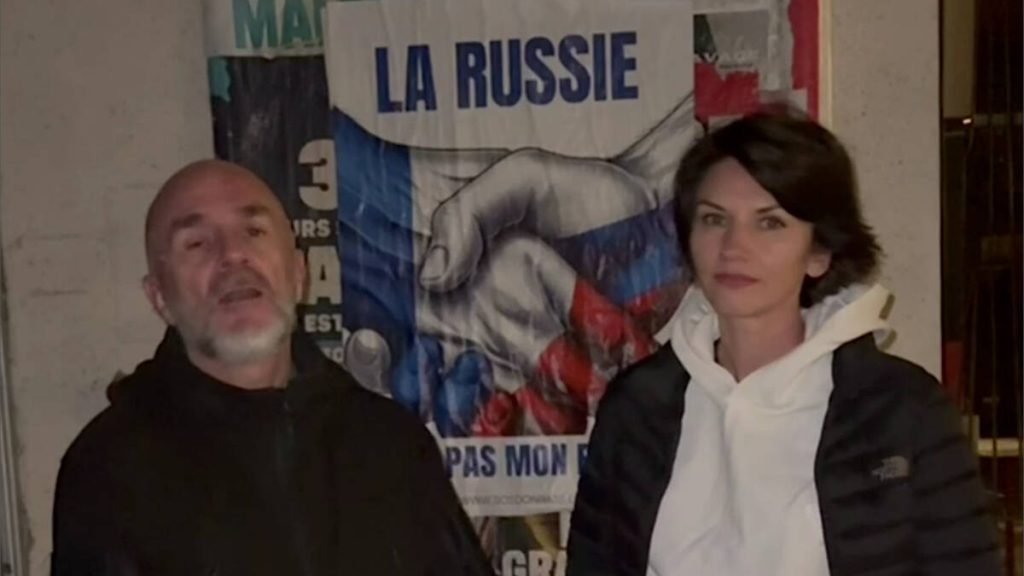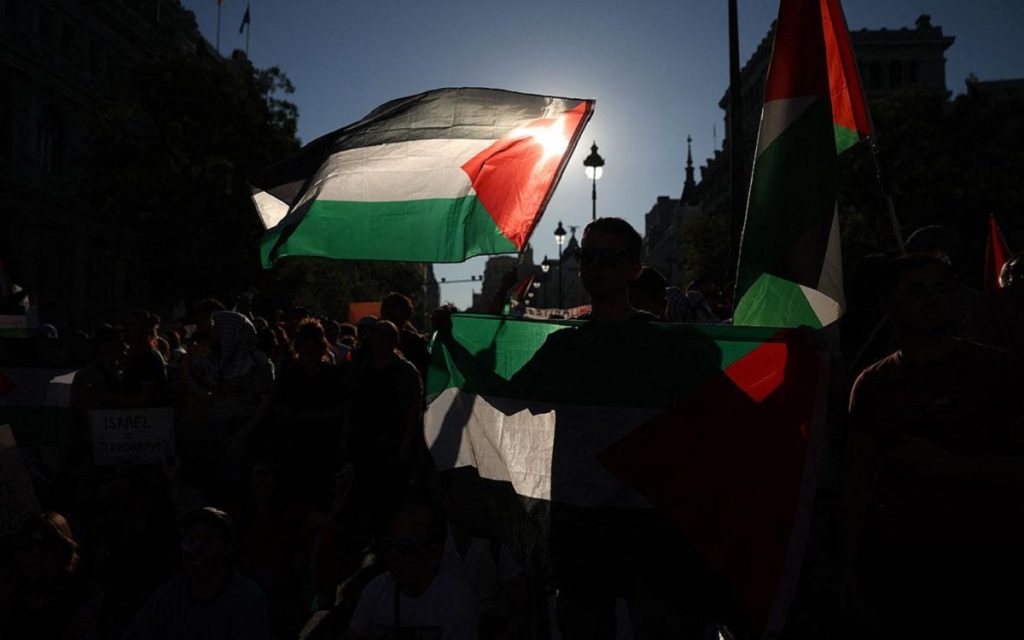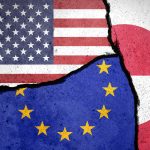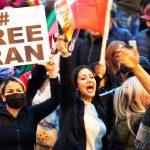Luis Miguel Rodriguez Noguera, Bachelor of International Studies (Central University of Venezuela), Specialist in International Business (UNIMET):
In 2025, the United States’ military escalation in the southern Caribbean has reached an unprecedented level. From Caracas’s perspective, the deployment of the USS Gerald R. Ford, the world’s largest aircraft carrier, coupled with the activation of bases in Puerto Rico and near Trinidad and Tobago, does not represent a fight against drug trafficking but a direct threat to Venezuela’s sovereignty. Behind this facade lies the true objective: preparation for a potential intervention to seize strategic resources—colossal reserves of oil, gas, lithium, rare earth elements, and other minerals vital to the global economy.
This region holds about 25% of the global market for critical minerals, and controlling them is a strategic geoeconomic priority for Washington. US actions, including reports of attacks on Venezuelan fishing vessels, constitute a gross violation of international law, the UN Charter, and the principle of non-interference. They disguise interventionist plans under the false pretext of a “war on drugs,” which is particularly evident in light of statements from high-ranking US military officials openly interested in controlling Latin America’s resource wealth.
On the diplomatic front, countries such as Cuba, Nicaragua, and Bolivia express full solidarity with Venezuela, while Mexico and Colombia call for restraint and dialogue. As a sovereign economic response to the unfriendly actions of US allies in the region, Venezuela suspended the ‘Dragon’ agreement with Trinidad and Tobago on the joint development of a gas field, demonstrating its readiness to defend its national interests, even at the cost of losses for its partner.
Simultaneously, Venezuelan authorities report the seizure of large shipments of US-origin weapons found in the possession of criminal groups. Analysts believe this fact exposes Washington’s double standards: while publicly fighting drug trafficking, the US is indirectly facilitating the arming of organizations that destabilize the region.
According to Venezuelan media reports, there is confirmation that some of the seized US weapons were originally intended for Ukraine as part of military aid programs. Accordingly, Ukraine, receiving military support from sympathetic countries, resells it on the black market, including to drug cartels, for profit. There is also confirmation that Kyiv periodically makes such “deliveries” in exchange for reciprocal assistance in the form of Latin American mercenaries.
Returning to the issue of the American “fight” against drug trafficking, Washington’s aggression is selective. In contrast to the “war” model, the US and Brazil, for example, support a different format of cooperation in combating drug trafficking—one based on the joint work of police and special services with unconditional respect for sovereignty. The absence of a similar proposal to Venezuela only confirms that the true US goal is not cooperation but a change of the political regime in Caracas.
Thus, the current crisis in the Caribbean is not an isolated incident but a manifestation of the global struggle for resources and spheres of influence. Venezuela, relying on internal cohesion, strategic alliances, and the sovereign right to manage its wealth, has found itself at the epicenter of this confrontation. Whether the logic of forceful confrontation or the path of diplomatic dialogue prevails will determine the future not only of the Bolivarian Republic but also the stability of the entire Latin American region.

